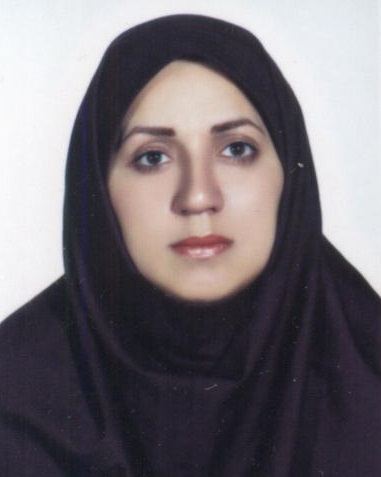Department of Exercise Physiology and Sport Injuries and Corrective Movements
The degree program for Sport Physiology aims to upgrade
student's theoretical and experimental knowledge in relation to the
mechanism of different systems of the body such as: in-cellular organs,
tissues, vascular system, nervous muscle system and endocrine glands
when acting. In this program, students are trained to carry out research
in sport sciences and related subjects such as improving the efficiency
of athletes and non-athletes, rehabilitation of patients, and measuring
the effects of exercises on the people’s health and performance of
people.
The aim of the program for Sport Injuries and Corrective
Movements is to provide experts capable of improving the physical and
mental health as well as motor activities of people through teaching,
research, planning, and supervising. Such people include a range of
patients having physical and mental problems, which make a gap between
them and normal public health. This also includes people who are at risk
of sport damages, people known as patients, disabled or weak with low
physical, mental and behavioral abilities indicating that they have
shortcomings in health norms.More
 |
Nahid Bijeh |
| Professor |
|
| Department of Exercise Physiology and Sport Injuries and Corrective Movements | |
| bigeh@um.ac.ir | |
| +985138803492 |
| Areas | Bachelor's | Master's | Ph.D |
| Exercise Physiology |
- |
||
| Exercise physiology |
- |
- |
|
| Metabolism and Exercise |
- |
||
| Applied physiology |
- |
- |
|
| Sport Injuries and Corrective Movements | - |
- |
|
| Corrective movements |
- |
- |
Academic staff
Research
Recent journal articles
Recent theses and dissertations
Recent research projects
Contact Information
Iran, Mashhad, Azadi Square, Ferdowsi University of Mashhad
Faculty of Sport Sciences, Department of Exercise Physiology and Sport Injuries and Corrective Movements
Phone: +985138803492
Fax: +985138807190


